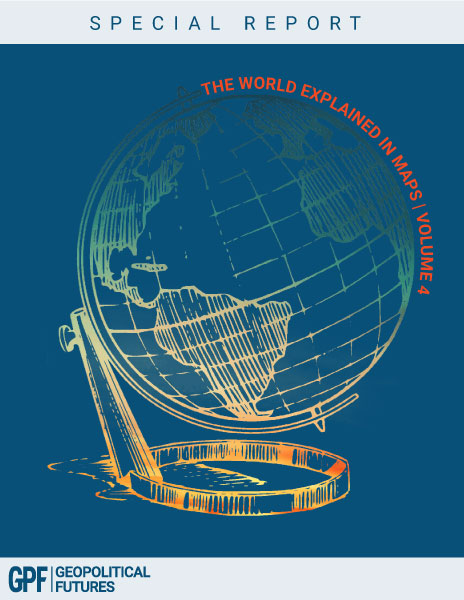Major news publications around the world are rife lately with articles noting how the decline in birth rates has reached a critical mass. Over the past years, life expectancy has increased – particularly in advanced industrial countries – just not enough to cover the shortfall of new humans. And though there are higher numbers of elderly virtually everywhere, the numbers don’t specifically account for those incapacitated, and thus rendered unproductive, by old age. Caring for the elderly will suck up a significant portion of the younger population’s time and energy unless a radical shift takes place in medicine.
I live in the United States, which has its own bespoke problems in this regard, and have written about this issue in several of my books. But this is a truly global phenomenon. In many countries, there will be fewer people to grow and produce food, nurse the infirm, teach school and do other uniquely human endeavors. As those demands remain steady and other needs increase, it will be more difficult to maintain social equilibrium – the result of which invariably is social and economic unrest.
If birth rates don’t rise sufficiently, and if life expectancies continue as they are, then the only other option for staving off the worst is to quite literally substitute humans with machines. This, of course, is problematic in itself. Even assuming artificial intelligence will be able to do all its advocates claim (which is unlikely), the management of AI will soak up the educated labor pool, and the kinds of jobs listed above that require a human touch will be left to machines. I suspect that will create some friction, to say the least.
Perhaps the only other solution would be mass migration. But this would work only for the United States and other advanced countries (and even then only maybe). Recall that the U.S. was built on immigrants, and at every stage of development when the country fell short of workers, it encouraged immigration to fill the gaps. Obviously this is a politically fraught option. And because other countries would be enacting similar policies, it would create a new and interesting aspect of geopolitical competition. In Europe, there is tremendous tension over immigration, which Brussels has managed much less successfully than even the United States.
When I was young, the greater concern was overpopulation, which would, it was said, lead to critical shortages of food and other resources. The problem was solved, however indirectly, by increased productive capacity and international trade. Likewise, there is a chance that this new demographic disaster will not materialize. However, at its root is the reluctance of the younger generation to reproduce. It’s clear that unless there is a significant shift in the numbers, there will be a global labor shortage and competition for immigrants or for technical solutions in the next decade or two. The math is what it is. Unless there are radical medical breakthroughs in areas I haven’t even thought of, and unless governments can entice people to replace those still alive but incapable of working, the world will share this demographic problem.





